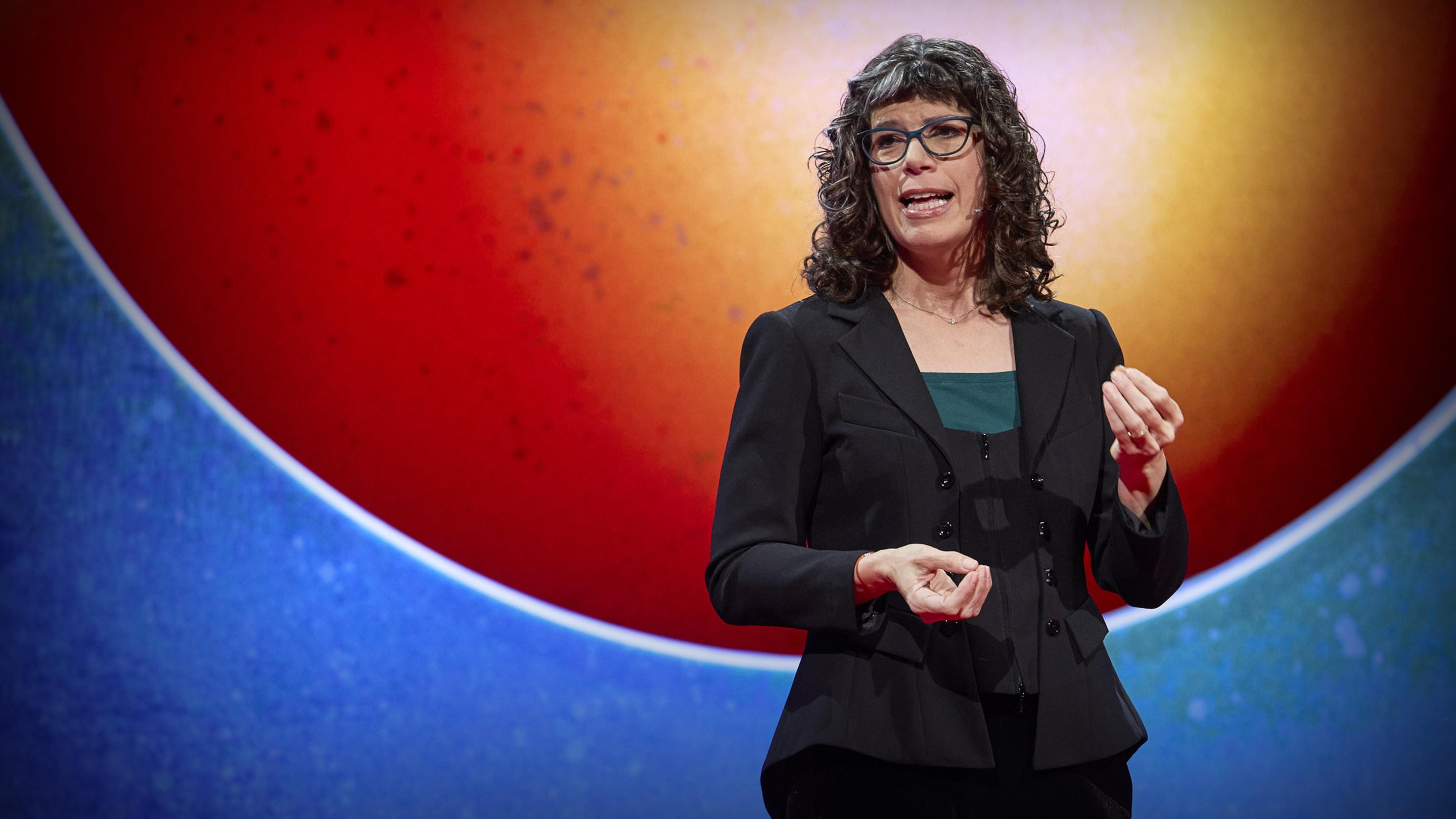
Key Insights
Why does Dana Fisher call herself an 'apocalyptic optimist'?
Fisher believes that increasing climate disasters will mobilize people to demand necessary actions, despite the grim reality of the climate crisis.
What is the main reason governments and businesses fail to address the climate crisis effectively?
Fossil fuel interests have a significant influence on decision-making, blocking systemic changes and promoting incremental policies or denial.
How do climate shocks contribute to social movements demanding action?
As climate shocks become more frequent and severe, they lead to social conflict and motivate people to take to the streets, creating political pressure for change.
What role does community and solidarity play in effective social movements?
Community and solidarity help mobilize masses and create durable movements by bringing diverse groups together, as seen in the Women's March.
How does disruption and repression impact social movements?
Disruption and repression, often by those in power, can mobilize sympathizers to take action, as seen in the civil rights movement and protests against George Floyd's murder.
What can individuals do to contribute to climate resilience without becoming activists?
Individuals can participate in community resilience programs, such as service corps, to help build and support their communities in the face of climate shocks.
What examples does Dana Fisher give of communities taking action against climate change?
Communities are phasing out natural gas, pressuring banks to stop fossil fuel investments, and working together to rebuild after disasters.
Chapters
- Fisher's initial belief in technology as a solution to climate change.
- Recognition of insufficient climate policy and business response.
- The necessity of mass mobilization driven by climate shocks.
Shownotes Transcript
Dana R. Fisher calls herself an "apocalyptic optimist" based on her research as a sociologist of large social movements. Her studies suggest that ever-increasing climate disasters will get people out in the streets demanding the action we need. She breaks down how to cultivate resilience to catastrophe in yourself and your community — and how to rally for change in the face of seemingly intractable problems.

